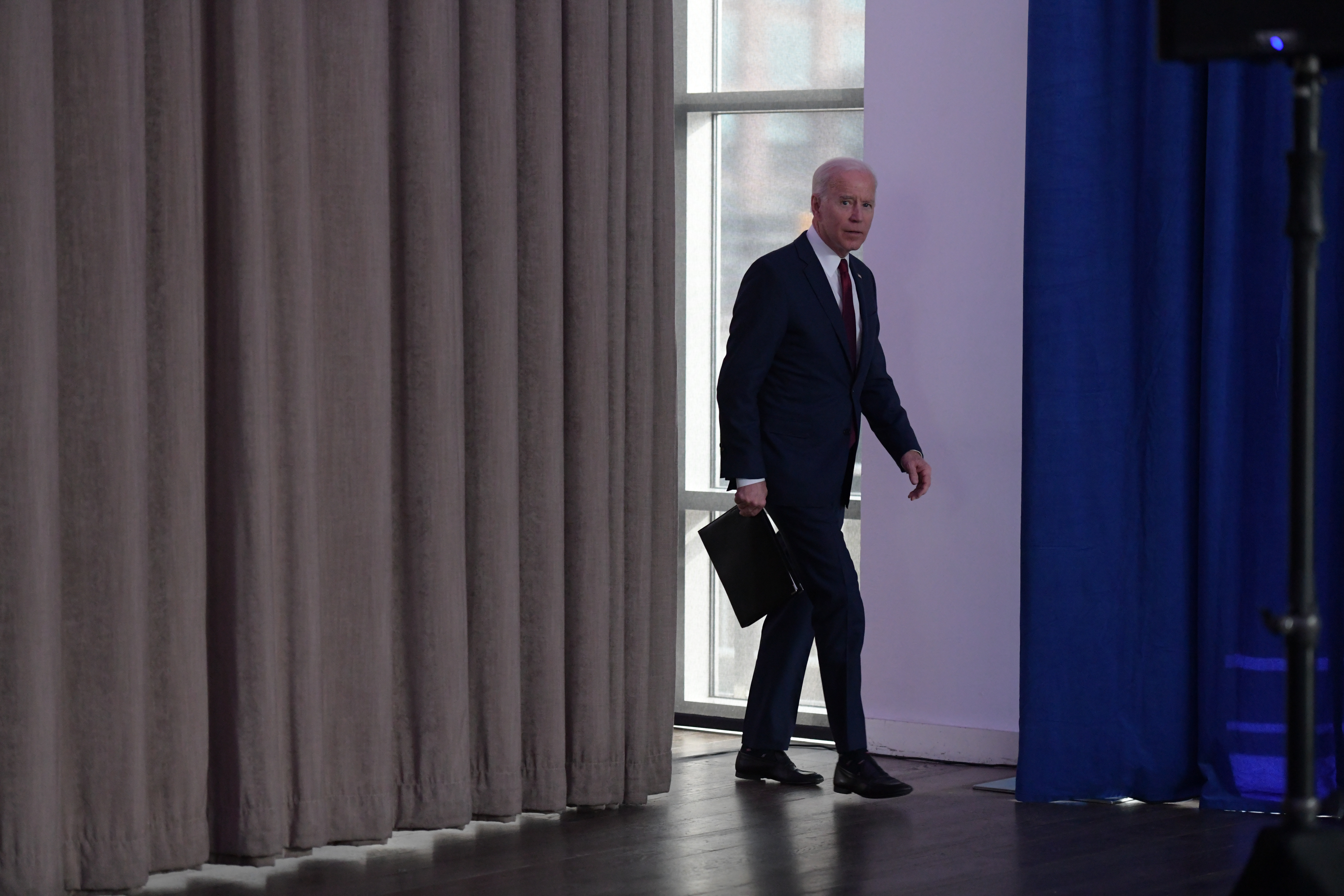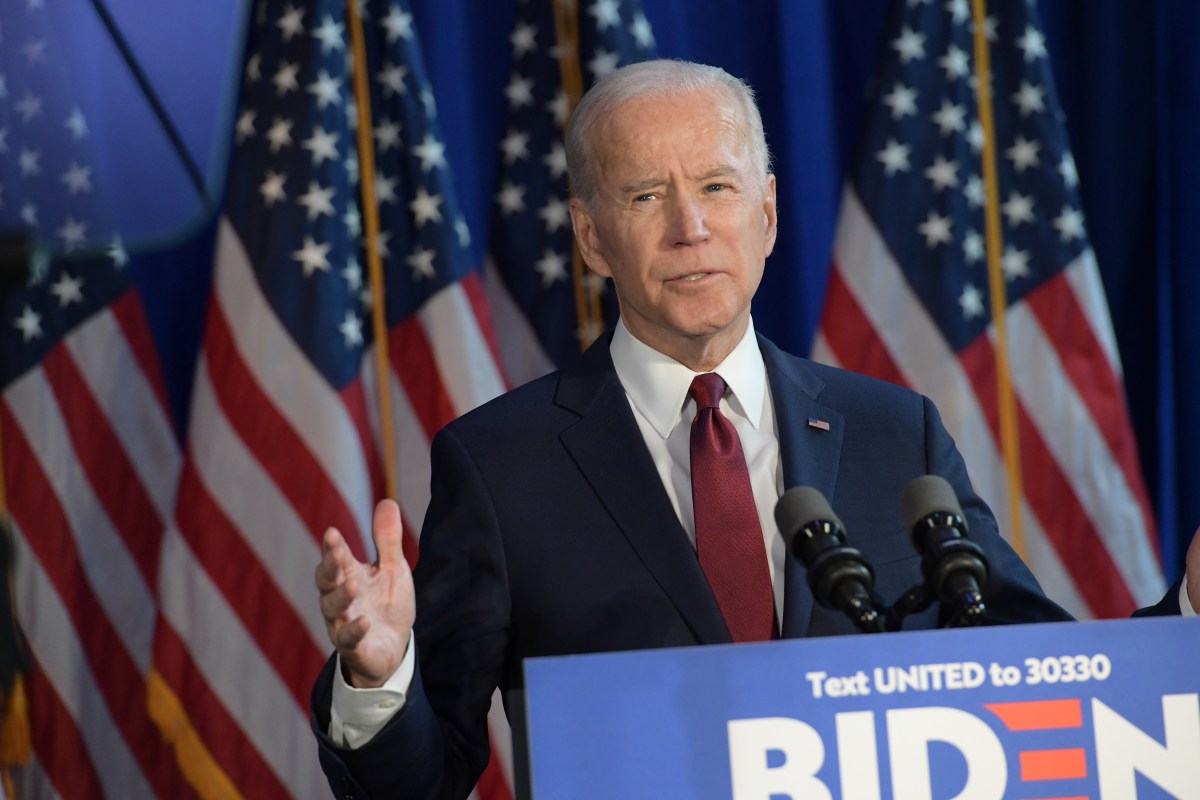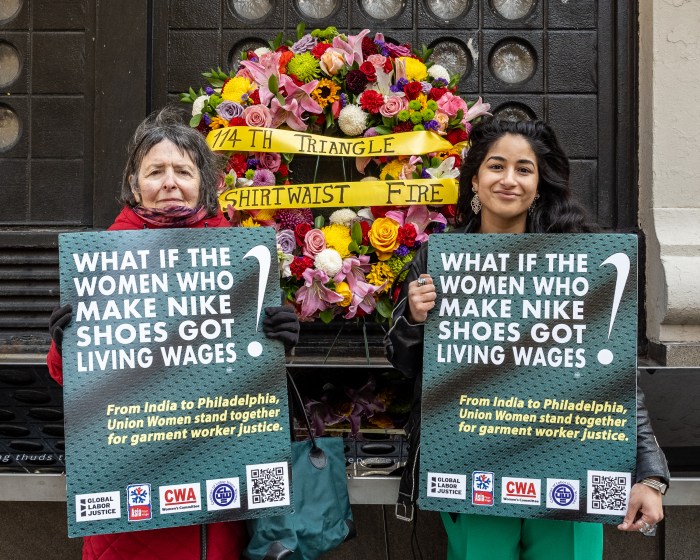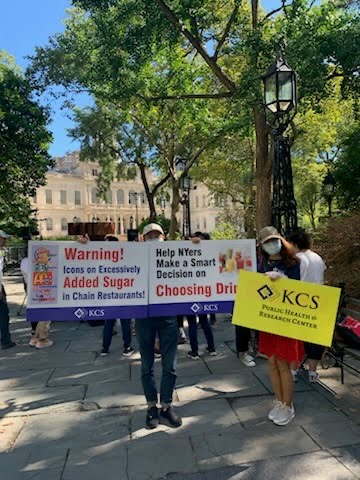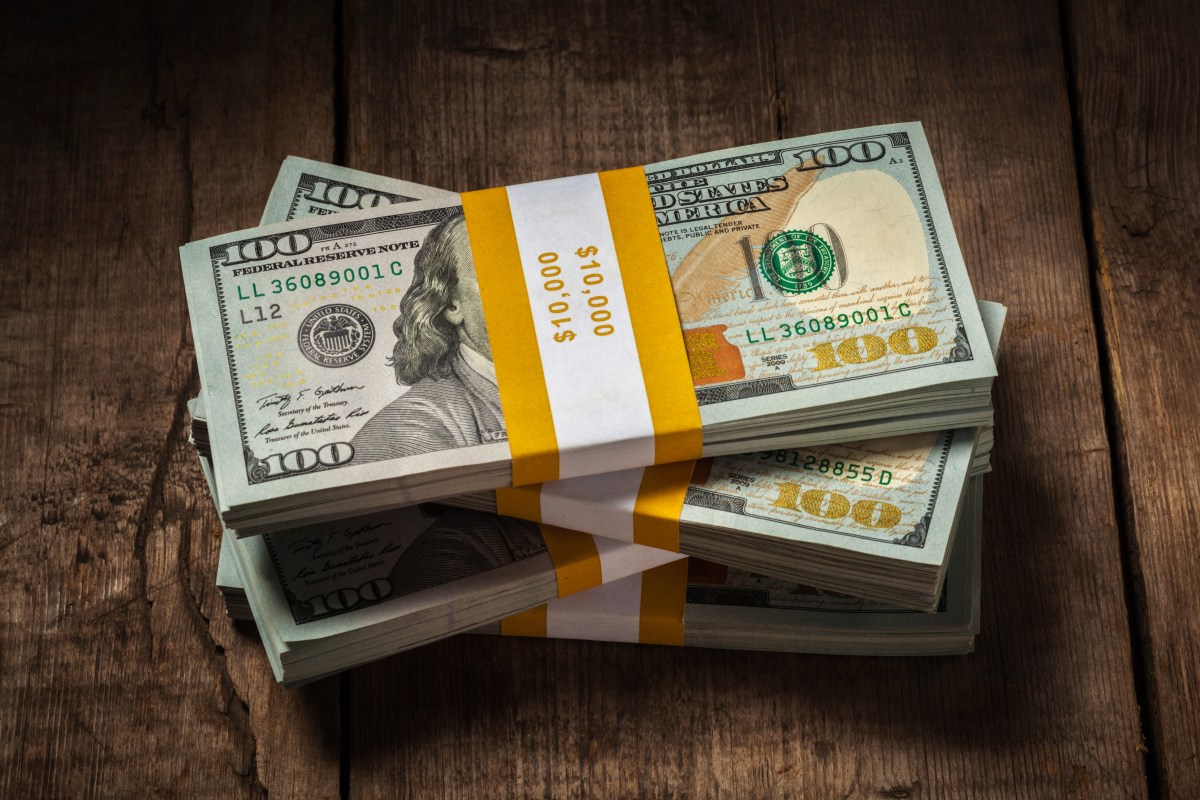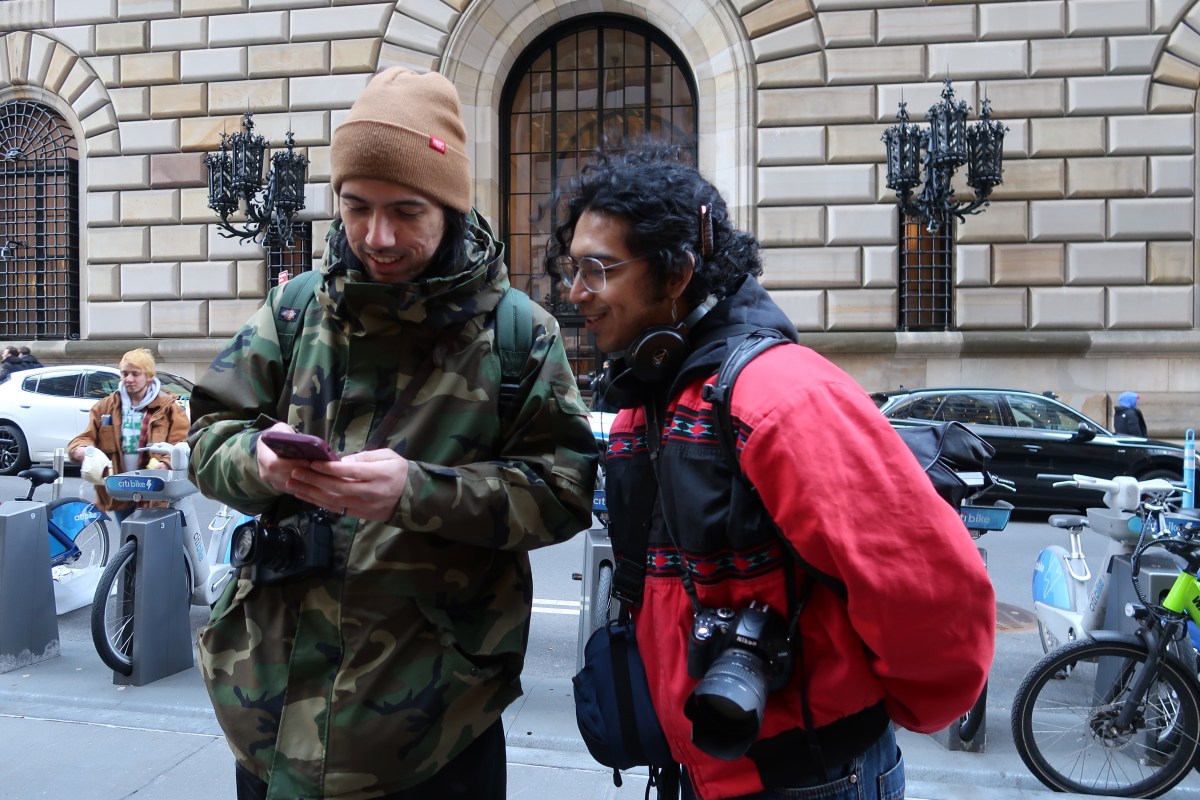Democratic presidential candidate and former Vice President Joe Biden spoke in Manhattan Tuesday on current tensions with Iran — and called on President Donald Trump to rejoin the Iran deal amid increasing tensions over the killing of Major General Qassim Suleimani.
“The seeds of danger were planted by Donald Trump himself on May 8, 2019 — the day he tore up the Iran Nuclear Deal, against the advice of his own top master security adviser,” said Biden during his speech at Chelsea Piers. “He turned his back on our closest European allies and decided that it was important to destroy any progress that the Obama-Biden administration did.”
Biden added that the deal was not only accomplishing the “critical mission” it was designed for and creating an environment where diplomacy was possible. Diplomacy, not one-off decisions, are the only way out of the current crisis, Biden said.
The speech came five days after Trump ordered a drone attack near an airport in Baghdad that killed Suleimani, head of the Islamic Revolutionary Guard Corps-Quds, pushing the nation “dangerously close” to war, said Biden.
The Department of Defense called the strike a preemptive measure to deter future Iranian attacks such as the Dec. 27 incident at an Iraqi military base that killed an American contractor.
Most Republicans have sided with the president saying that the attack was justified. But critics of Trump have called the decision reckless.
Biden agreed, accusing the president of “throwing a stick of dynamite in a tinderbox.” He further criticized Trump’s decision last May to withdraw the U.S. from the Iran deal reached during the Obama Administration. The pact limited the country’s nuclear program for a decade in return for lifting international financial and oil sanctions.
“All that has materialized is an utterly predictable cycle of escalating conflict,” said Biden.
After leaving the agreement, the Trump administration created 12 demands that Iran would need to abide by before entering a new deal. Iran rejected the demands, which included pulling out of the war in Syria and stopping its nuclear program, prompting Washington to re-impose a series trade sanctions. The first set of sanctions, which started in August, prohibited the trade of airplanes, gold, carpets and pistachios among other items, according to Al Jazeera. The second wave of sanctions in November, affected the banking and oil industries. In April of last year, Trump announced that the Islamic Revolutionary Guard Corps-Quds. would officially be labeled a terrorist organization, a label that came with economic and travel sanctions which took effect later that month.
In May, the U.S. sent an aircraft carrier strike group and air force bombers to the Middle East to send a message to Iran that any threat to U.S. interests or its allies would be met with “unrelenting force.” Later that month, the U.S. imposed more sanctions on Iran’s steel and mining industries after Iran said it was going to increase heavy water and enriched uranium production. Both products are used in some types of nuclear reactors. In June, the pentagon deployed 1,000 more troops in the Middle East on the same day that Iran said that it will soon surpass its nuclear deal determined limit of its low-enriched uranium. Three days later, Iran shot down a U.S. military drone. The following months were filled with more escalating behavior from the U.S. and Iran culminating in the attack that killed Suleimani.
Biden admitted that he had “no illusions” about Iran, which he said has long “sponsored terrorism” and continues to detain American citizens and should be held accountable.
“But there is a smart way and a self-defeating way to counter Iran,” he said. ” Trump’s approach has been demonstrably the latter.”
